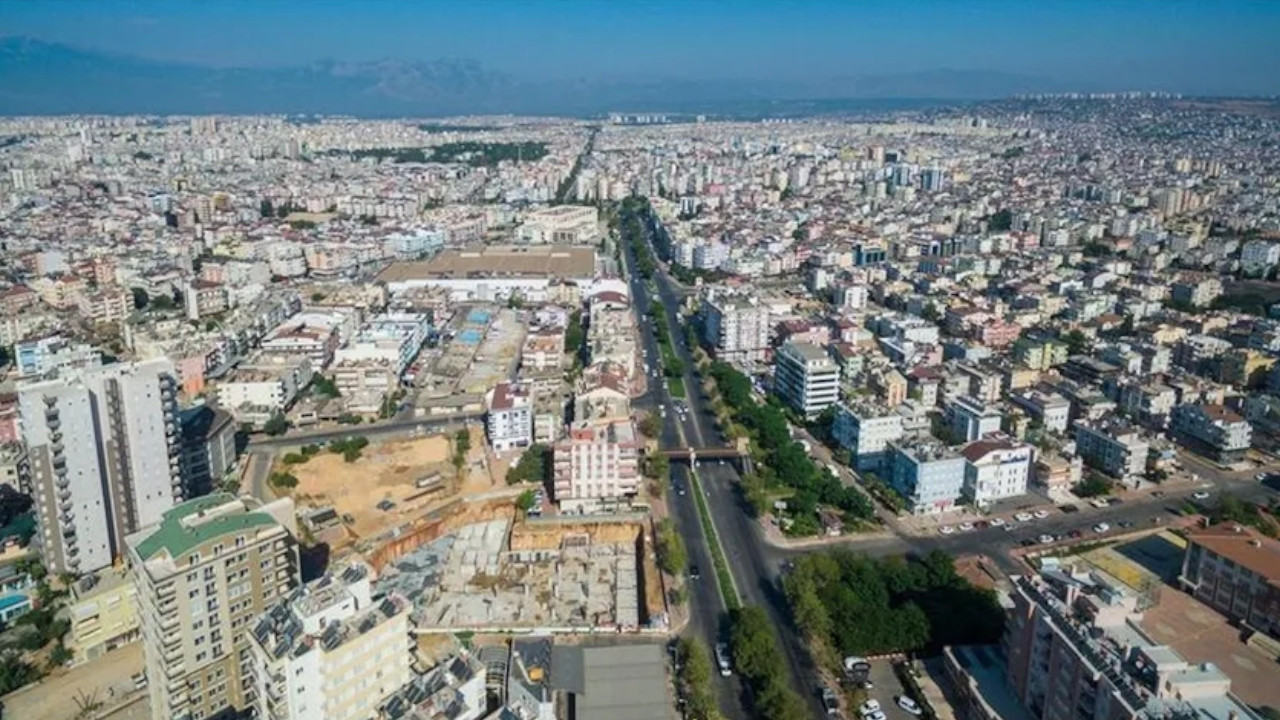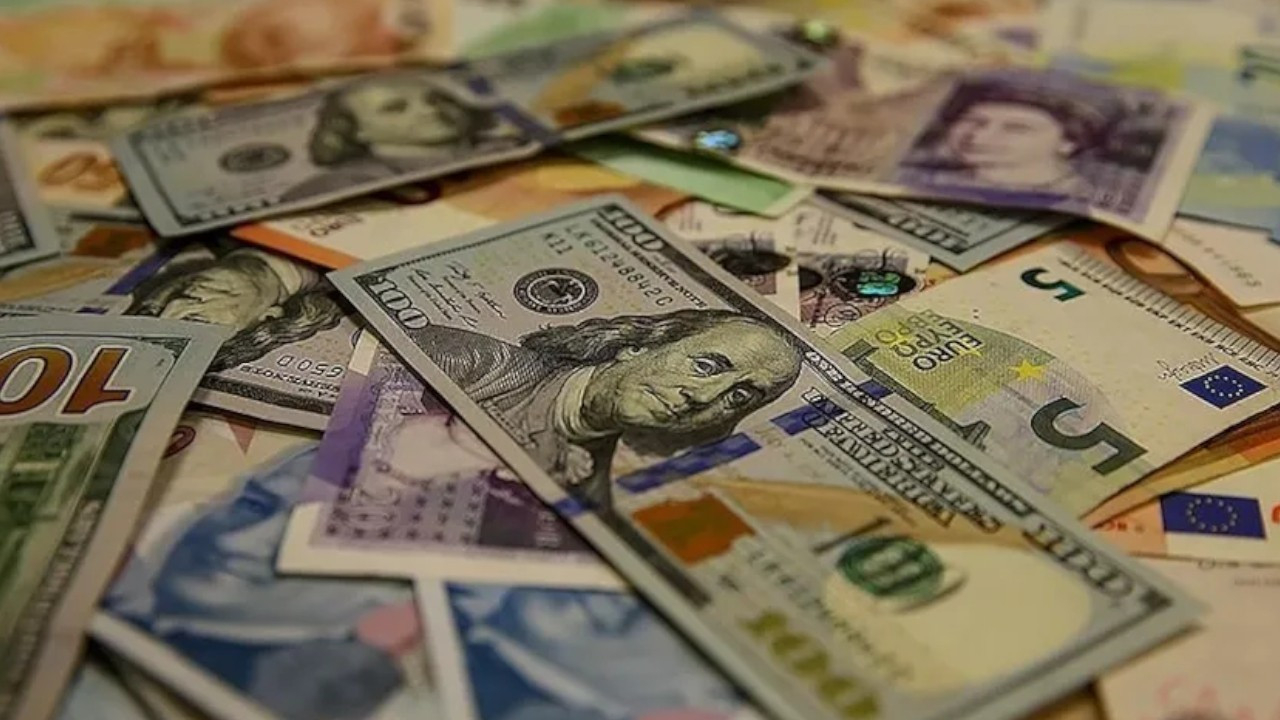Turkish Central Bank holds rate at 14 percent despite inflation surge
Turkey's Central Bank kept its policy rate steady at 14% on March 17, despite a jump in inflation to over 50%.
Reuters
Turkey's Central Bank kept its key rate steady at 14% for the third straight month on March 17 as expected, sticking to President Recep Tayyip Erdoğan's unorthodox policy plan despite fallout from the war that has lifted energy costs.
The bank acknowledged that the recent rise in inflation was in part "driven by rising energy costs resulting from the heightened regional conflict".
Under pressure from Erdoğan, the central bank slashed interest rates by 500 basis points between September and December to 14%.
It was part of the president's focus on credit, exports and on reversing current account deficits, but it sparked a currency crisis that sent inflation soaring to 54% in February, rattling households and eroding Turks' savings.
Russia's invasion of Ukraine three weeks ago threatened to derail that plan given Turkey's heavy reliance on energy imports, including from Russia, and the lira has since weakened.
A rate hike could relieve some pressure by boosting the lira and containing inflation expectations, economists say. Yet all 18 respondents in a Reuters poll predicted no policy change, and most expected the 14% rate to remain through year end, due to Erdoğan's influence over the central bank.
Prices surged across the board as the currency crisis saw the lira lose 44% of its value against the dollar last year, and another 10% so far this year.
The decline could strain the fiscal budget and Central Bank's already depleted reserves given Ankara adopted a deposit-protection scheme in December to halt the historic lira selloff.
Western sanctions on Moscow sent oil, gas and grains prices soaring, prompting some economists to hike forecasts for Turkey's current account deficits and inflation. Russia and Ukraine are big sources of tourists, further straining the trade balance.

 Turkish housing prices increase by over 77 percent annuallyEconomy
Turkish housing prices increase by over 77 percent annuallyEconomy Turkey reports annual inflation of 54.4 percent, highest in two decadesEconomy
Turkey reports annual inflation of 54.4 percent, highest in two decadesEconomy Turkish private sector's foreign debt amounts $169 billion as of end-2021Economy
Turkish private sector's foreign debt amounts $169 billion as of end-2021Economy